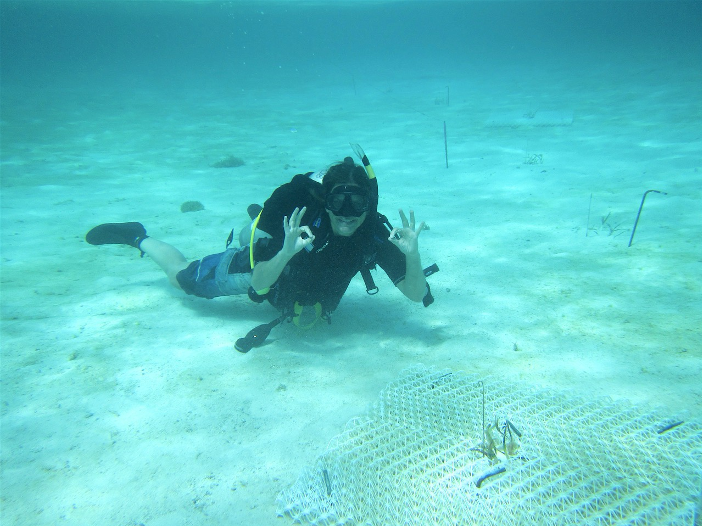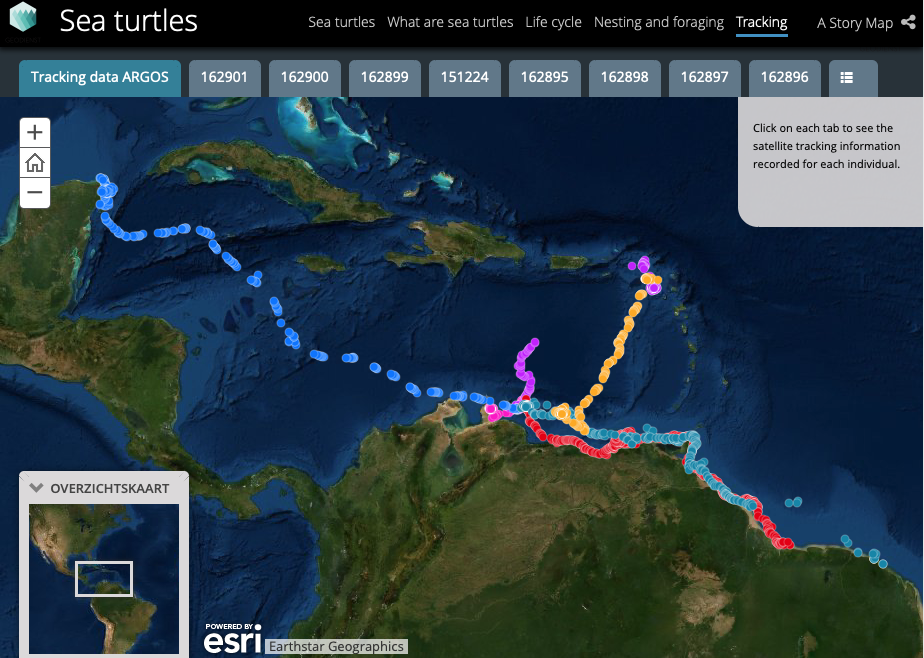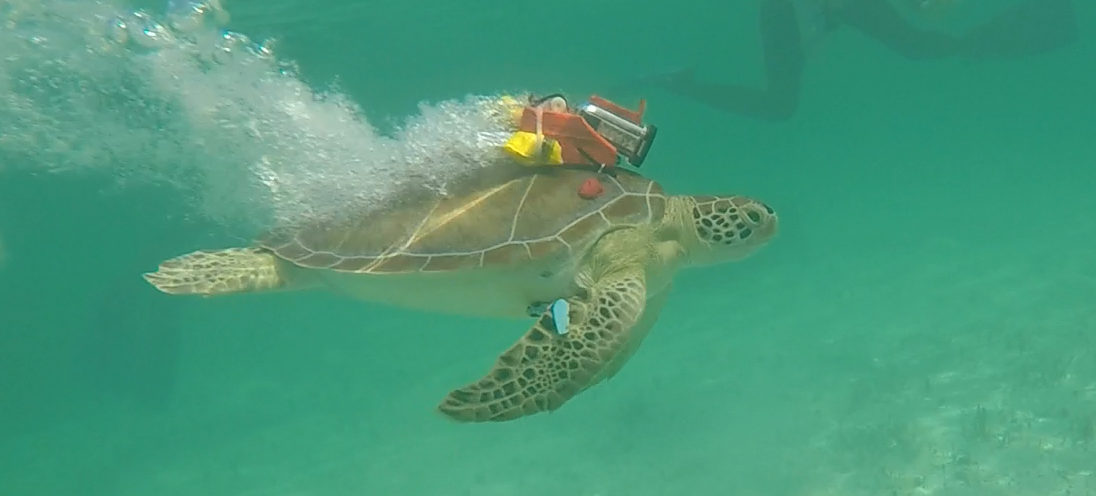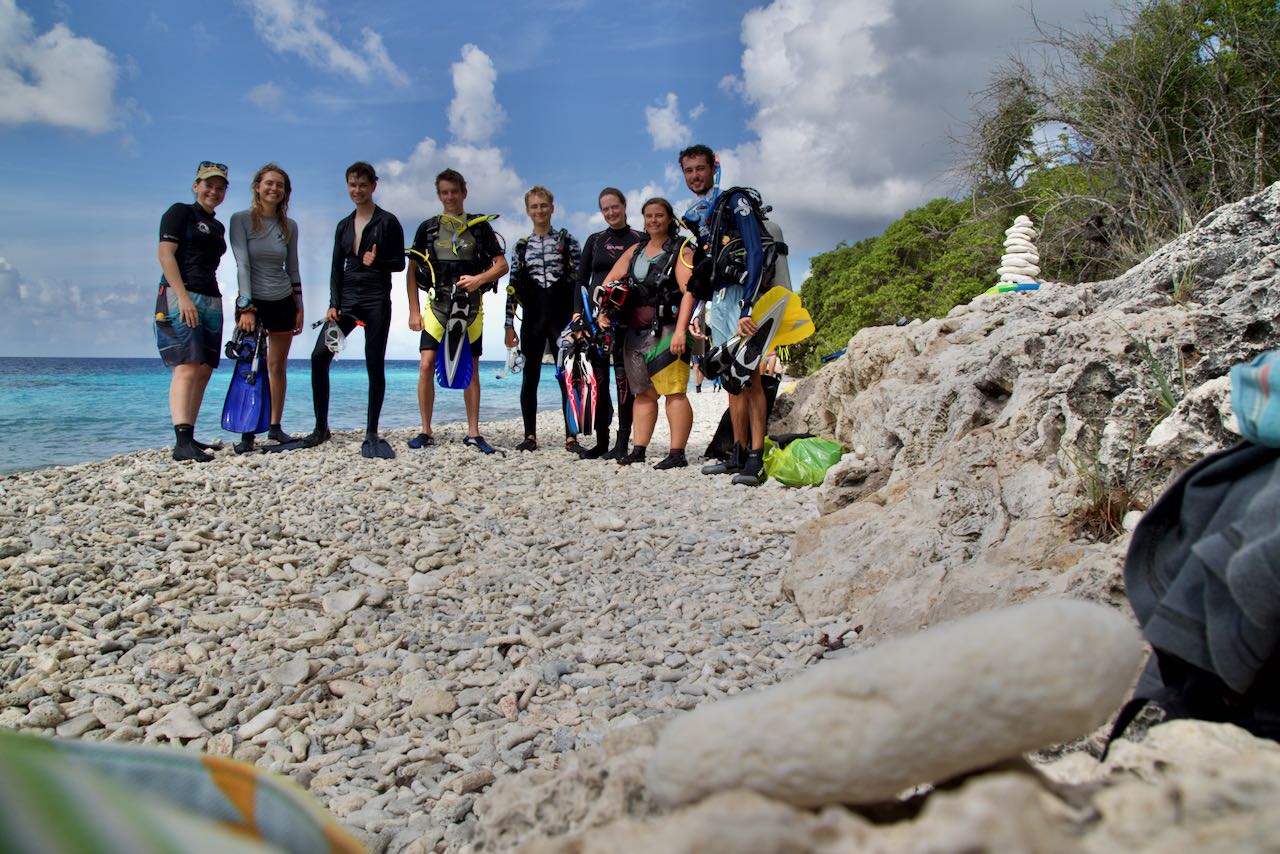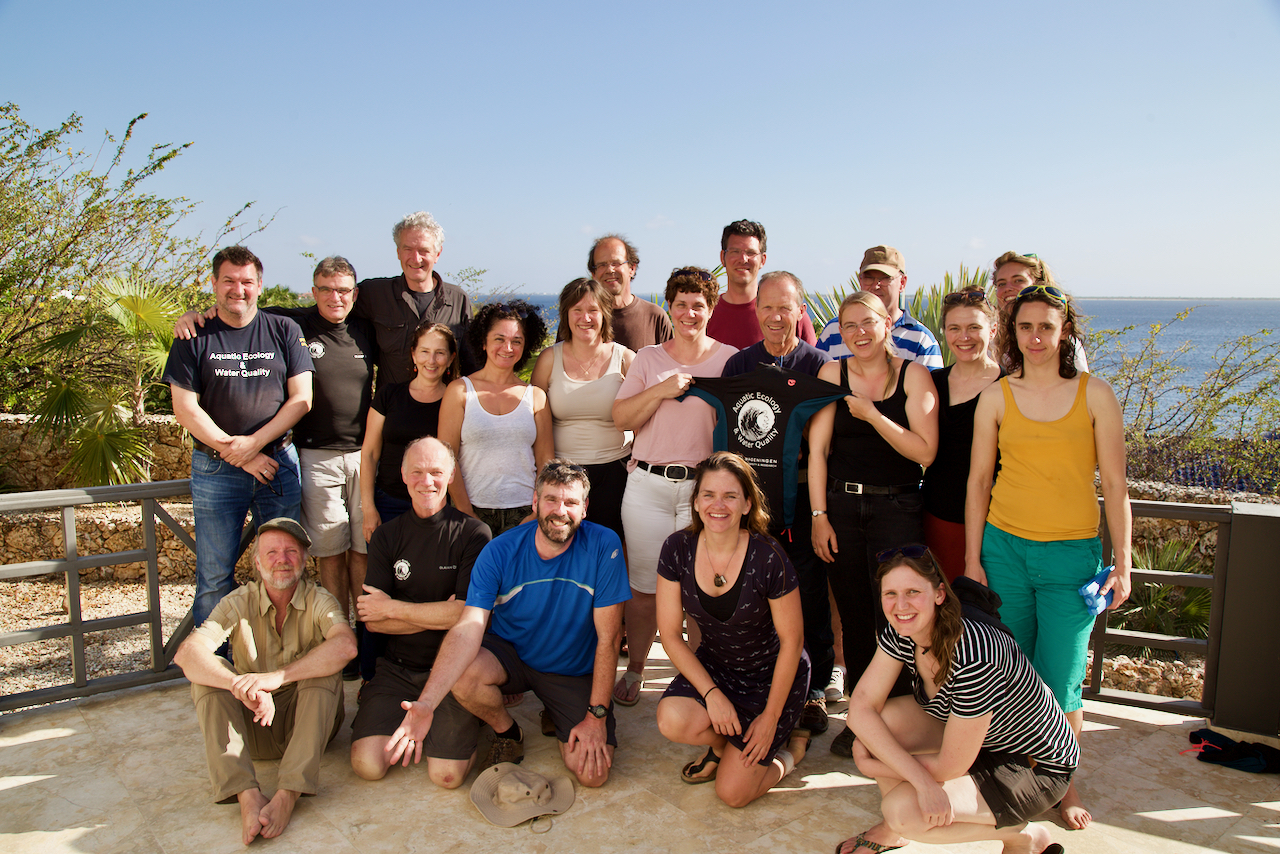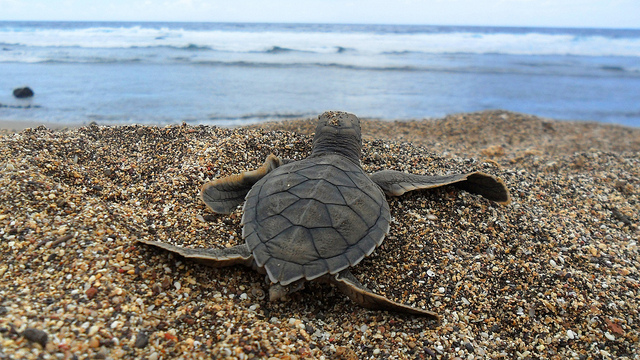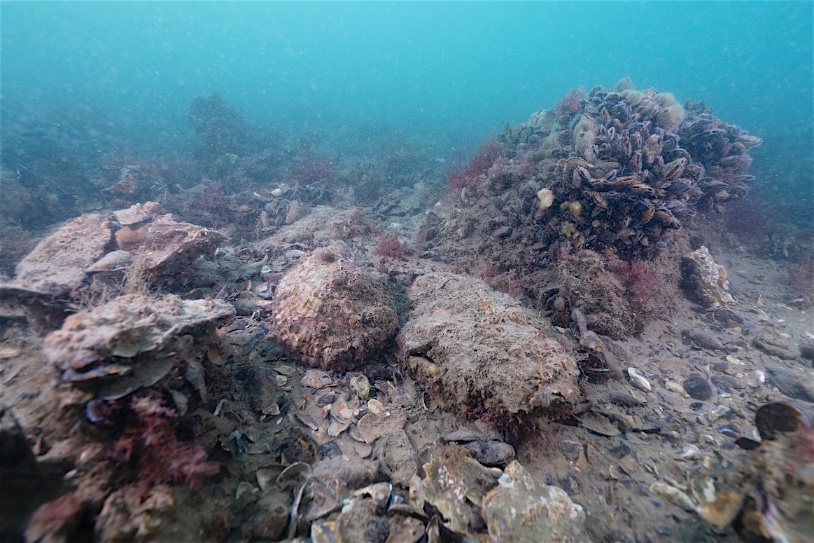Unregulated feeding of marine wildlife by tour operators impacts the natural behavior & well-being of sea #turtles. So proud that @FeeSmulders paper (w/ @CORE_Science3, Justin Campbell and myself) is now featured in @nytimes (read this here) photo @ShaneGrossPhoto. Also see the video abstract and WUR press release below.
ReViFES fieldwork North Sea
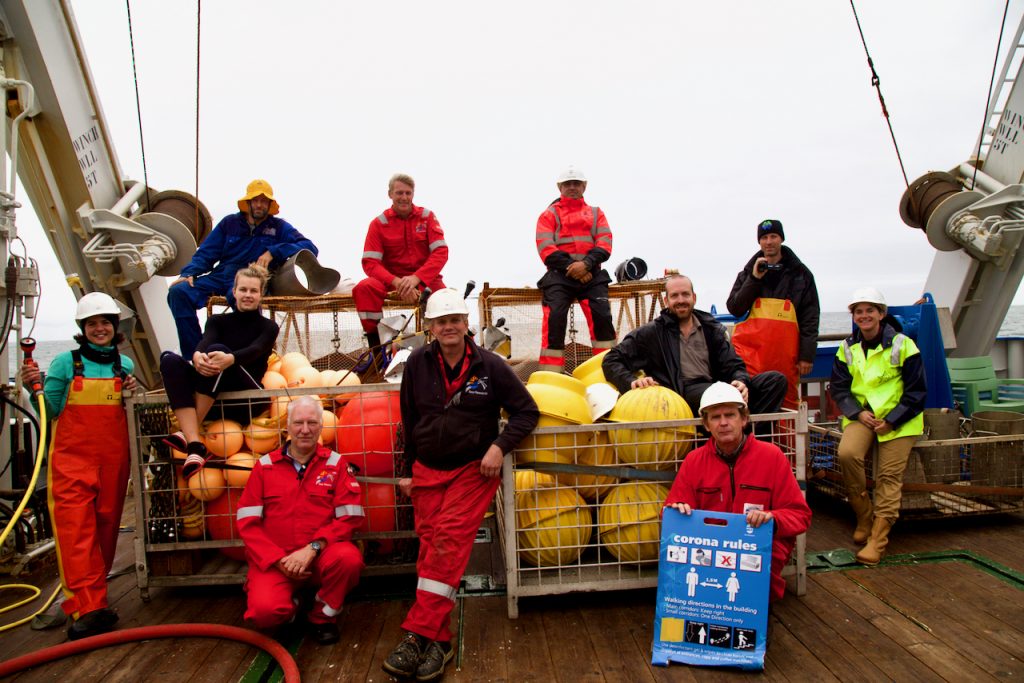
How to better start the academic year than with some hardcore fieldwork
Continue reading “ReViFES fieldwork North Sea”Can we improve coastal restoration by temporarily imitating nature? Yes we can!
Coastal ecosystems are in rapid decline around the world. Restoring them is very expensive and is often unsuccessful. But together with an international team of researchers we discovered a way of increasing restoration success of salt marshes and seagrass meadows, using biodegradable mats. Our findings are just published in Nature Communications (22 July 2020)
Continue reading “Can we improve coastal restoration by temporarily imitating nature? Yes we can!”The corona version of a Field-based course “Introduction Marine Ecology”
Six weeks before the start of our course our Dutch prime minister announced that the Netherlands was going into lock down in response of the global COVID19 pandemic. to prevent study delay for WUR students we decided the course to continue – in contrast to other field courses that were cancelled – and put all other running business aside to redesign our course. Pre-covid this course had a heavy field component with students learning to setup experiments in the field on the island of Texel, followed by lab analysis, and live lectures. So what did we change? Here an impression of some of the major redesigns. A special thank you to all students for their enthusiasm and praise – and for enduring the sometimes not ideal setting/design flaws of this redesign 🙂 Happy summer.
Currently we are preparing for a more long term COVID friendly version of this course and other courses, just to make sure to be prepared for what might be coming.
Lectures were pre-recorded – and followed by a live Q&A session with a (guest) lecturer where questions of students (submitted through microsoft forms) were answered live in Brightspace (online learning environment) virtual classroom. + students can view the lectures when an how they want – lecturers were talking to a blank screen and missed the interaction with students
Field-excursions were translated into 7 online tutorials enriched by movies that introduced fieldwork techniques, movies of the system, and real data sets to analysis.
A home “windowsill” experiment with Salicornia still gave the students “green feeling” and a moment to get away from theirs screens to work with real plants.
For their own experiments some students found very creative ways: see this nice article about a student of the course that performed an experiment in her parents wine cooler
Turtle tracking story map released at Dutch Caribbean Sea Turtle workshop
Turtle cams & seagrass experiments in the Bahamas & Bonaire
In november Fee Smulders and I visited the Islands Bonaire and Eleuthera (Bahamas) to study the impact of grazing on seagrass ecosystem services. We look back at a very productive, and fun field trip, where we sampled and initiated multiple experiments.
Continue reading “Turtle cams & seagrass experiments in the Bahamas & Bonaire”Students investigating tropical marine ecosystems on Bonaire
This autumn 6 WUR students will spend some months in Bonaire to investigate different aspects tropical coastal ecosystems together with Fee and Luuk. Subjects range from impacts of surfers on sea turtles, to shark-turtle interactions, impact of sargassum on mangroves and corals, and bioturbation and seagrasses. Students also got introduced into the sea turtle monitoring protocols of Sea Turtle Conservation Bonaire. And we went out to the reef for an underwater excursion. Great fun.
Continue reading “Students investigating tropical marine ecosystems on Bonaire”Staff expedition to Bonaire
Last month our group – the Aquatic Ecology and Water Quality Management Group @ WUR – travelled to the Caribbean to analyse the socio-ecological-system of Bonaire. This happened in the same week that a report came out stating that the nature in the Dutch Caribbean is under heavy pressure, highlighting the need for a change in nature management and for additional research. So we went!
Continue reading “Staff expedition to Bonaire”Optimism for mitigation of climate warming impacts for sea turtles through nest shading and relocation
Our research published this week in Scientific Reports reported effective conservation strategies that can mitigate the impacts of climate warming on sea turtle nesting success, #oceanoptimism.
Return of the native oyster facilitated by the invasive Pacific Oyster?
Our new paper that just came out today in Marine Biology research suggests so….
Continue reading “Return of the native oyster facilitated by the invasive Pacific Oyster?”

